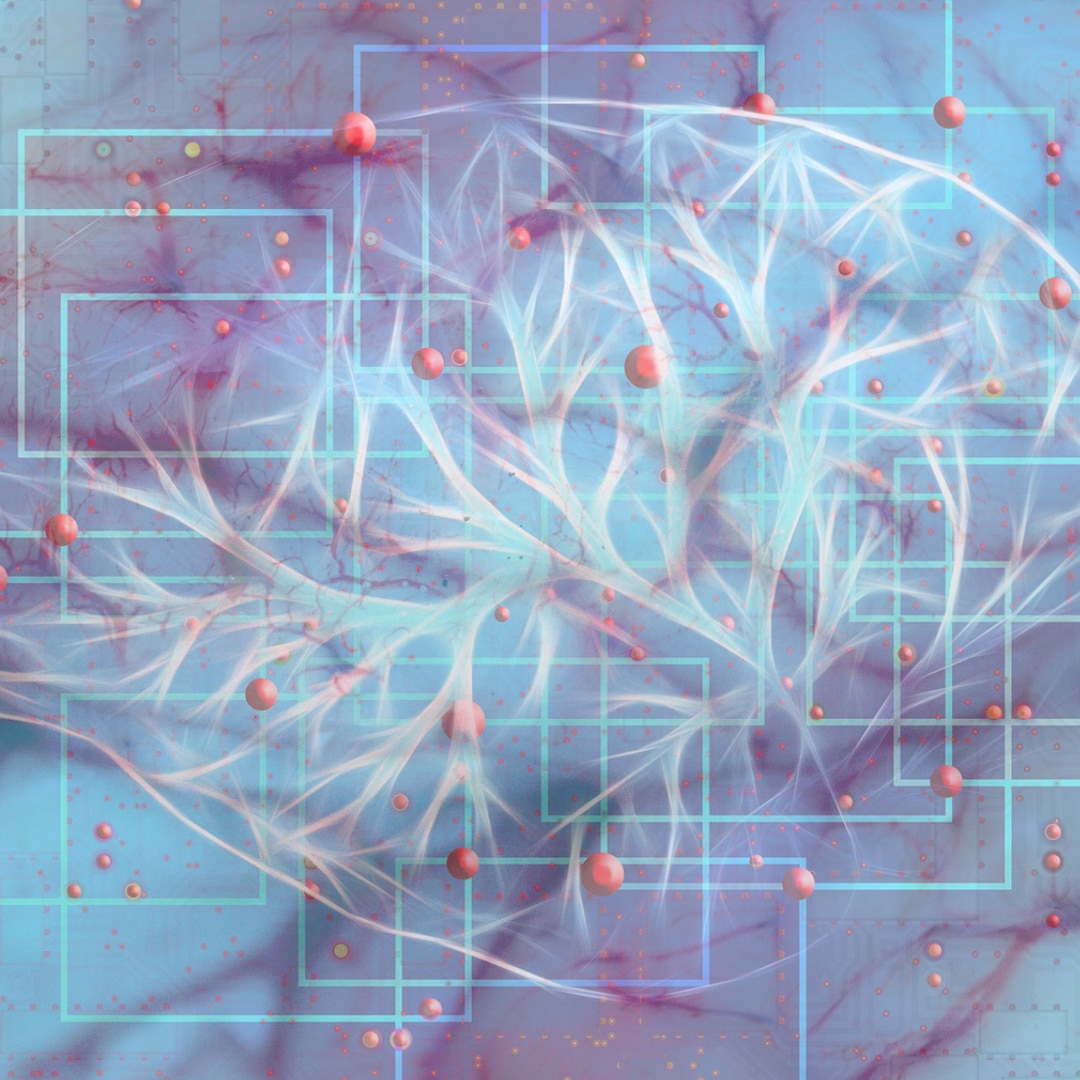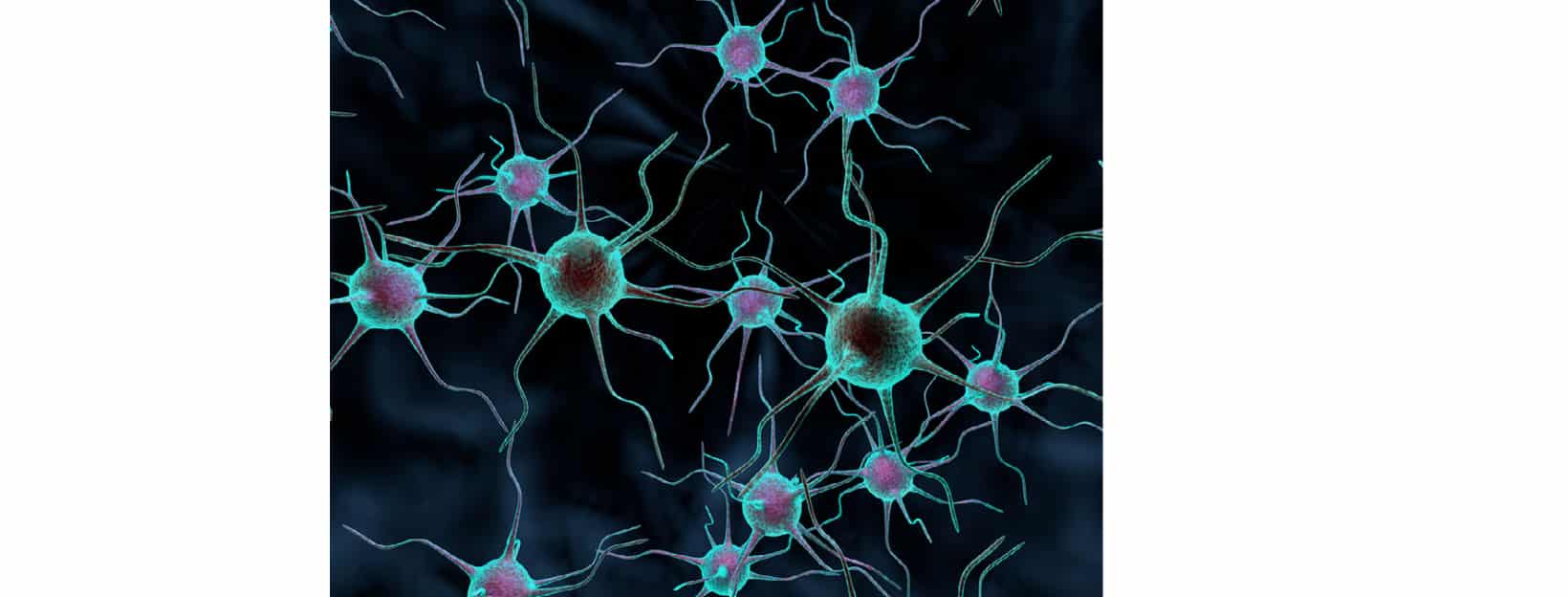Neurodiversity Affirmative Therapy Online in California - Neurodiversity Affirming Counseling
Being neurodiversity affirmative is fundamentally about being inclusive and accepting the neurodiverse culture. As a therapist for neurodiversity, I see neurologically-based conditions like autism and attention deficits as a natural part of human neurology.
Using the term neurodiversity limits stigma and the view that something is "wrong" that needs to be "fixed." It's about biological differences in brain structure.
If you are neurotypical, be aware of different preferences and ways of thinking of others. Others may get overstimulated in environments you find enjoyable. Communication styles of others can differ significantly from your own. Take the time to communicate in a way that the person you are speaking to can receive.
Some people are bothered by too much movement, loud voices, or being touched. Pay close attention to reactions and make adjustments as needed. When in doubt, ask. If you have specific needs or preferences, make them known. It is easier for people to spend time with you if they don't have to guess and figure everything out on their own.
In truth, we all have different ways of processing information. These cognitive differences make us unique. Every brain works differently. Everyone has their own unique experience of the world and their own way of coping. Rather than force everyone into the same mold, affirming neurodiversity creates an environment of acceptance. Accepting differences allows us to be ourselves and is neurodiversity affirming.
Neurodiversity is a part of human diversity. You do not need to be fixed. Neurodiversity affirmative therapy focuses on your unique abilities, individual strengths, and support. Some people refer to themselves as neuroqueer.
Rather than force everyone into the same mold, affirming neurodiversity creates an environment of acceptance. Accepting differences allows us all to be ourselves. When we begin therapy with that level of acceptance, therapy opens the door to self-acceptance and learning how to deal with personal issues in a respectful way.
It's common to seek support. Many people struggle with self-care, recognizing and communicating personal needs, and accepting themselves. It can be difficult to see all your strengths and assets. Harsh judgements create roadblocks to figuring out how to be the best version of yourself. A therapist for neurodiversity can help you see yourself from different perspectives.

I'm a neurodiversity affirming therapist. I'm also an inclusive therapist. I support the neurodiverse community and their families by providing family therapy. I educate and share information whenever possible. I believe challenging exclusionary views and valuing diversity is important. Part of this pointing out ableist language and thought processes, and promoting inclusive alternatives.
I intend to be part of transforming social norms. I promote changes in how we view thinking and behavior. The older I get, the more comfortable I become with my neurodiverse voice. I crave a cultural shift to accepting and being genuinely curious about each other. I am hoping to help us reach a place where people listen more so that we better understand each other. With effort, exclusionary social norms will begin to dissipate and be replaced by inclusive norms that will be much more accepting of each person as a unique and valued individual.
No external framework exists of who you should be. You get to decide what works for you. We can celebrate neurological differences. Different ways of thinking and seeing the world add perspective and make life more interesting. Your unique qualities and skills come with individual differences. You will be in a safe environment in our sessions to explore, learn and decide.
What is neurodiversity?
Neurodiversity is a relatively new term that refers to the variation in human brain function and psychology. The term describes a range of neurological differences, including dyslexia, Attention-deficit/hyperactivity disorder (ADHD), autism spectrum disorder, and more. It is no different than any other kind of diversity.
Neurodiversity is a naturally occurring neurological difference. It adds to society just like all other kinds of diversity. Neurodiversity is an umbrella term used to describe neurobiological conditions. It includes the beneficial parts of neurodiversity and highlights special abilities, perspectives, and the value of humanity. I receive many inquiries for neurodiversity-affirmative therapy for ADHD adults. I provide online therapy for neurodiversity to make counselling more accessable.
Neurodiversity advocates believe these conditions should be accepted and respected as part of the human experience rather than pathologized or treated as disabilities. A therapist for neurodiversity would argue that we should celebrate neurological differences as a source of diversity and innovation. There is growing evidence that neurodiversity-affirming approaches can lead to better outcomes in many fields, including business, education, and creativity. Diversity in a group lends itself to many different viewpoints that can all come together to create something unique.
What are the benefits of neurodiversity?
Everyone's brain is different and has its own unique set of strengths and weaknesses. Honoring neurodiversity is about recognizing unique strengths and skills.
Most people think of disability as a curse, but people with disabilities often have unique gifts and abilities. That is why honoring and affirming neurodiversity is so important. Neurodiversity includes conditions like autism, Attention-deficit/hyperactivity disorder (ADHD), dyslexia, and bipolar disorder. These conditions can lead to different thinking styles and strengths.
For example, some autistic people are very good at systemizing information and spotting patterns. They may be able to see things that other people miss. People with ADHD may be very creative and have a lot of energy. They may be able to come up with new ideas quickly. Dyslexia can lead to powerful imagination and incredible artistic skills. And people with bipolar disorder may have intense emotions and deep insights. Other neurodiverse qualities include unique strengths that can improve productivity, innovation, quality, and engagement.
Recognizing these strengths is crucial because it helps us understand and appreciate the diversity of the human race. Proponents of neurodiversity believe we should include this perspective in all aspects of society, from education to employment. Despite the benefits of neurodiversity, there are still many who resist the idea of celebrating neurodiversity.
How can I support neurodiverse individuals?
There are many ways to support neurodiverse individuals. Some significant ways to help include advocating for more inclusive education and workplaces. You can advocate for respect and recognition of special skills, different viewpoints, and creative thinking. You can help others make the paradigm shift to embracing neurodiversity. You can help them value differences in cognitive functioning instead of focusing on disorders, deficits, diagnosis, disabilities, or a viewpoint of dysfunction in mental processing.
You can also do smaller things to make life easier for neurodiverse people, such as using specific language to communicate clearly, or modifying the environment to be more accommodating. Let them know how their different ways of being enhance your life and help you see things from different perspectives. No matter how big or small your gesture, every bit of support makes a difference.
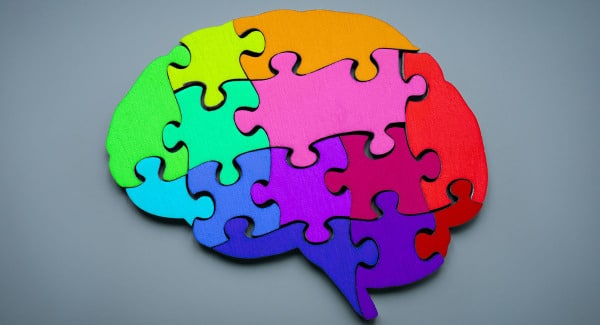
What counts as neurodivergent?
Neurodivergence is a term used to refer to any brain-based differences that may cause people to think and process information differently than their peers. Neurodivergent can describe those with learning disorders, autism spectrum disorder, attention-deficit hyperactivity disorder (ADHD), dyslexia, or other cognitive differences.
Neurodiversity is the concept of recognizing and celebrating these differences as part of human diversity. I aim to provide an overview of what counts as neurodivergence, its implications for society, and how we can better support neurodiverse individuals in our communities.
What counts as neurodivergent can be far-reaching to include individuals with physical or mental characteristics that fall outside of traditional frameworks for neurotypical social and educational norms. This group could consist of those who experience difficulty processing sensory input or how they process language. It can also include those with mental or physical conditions that may be genetic or due to prenatal or postnatal environmental factors. This list encompasses things categorized as mental health disorders, such as autism, dyslexia, and ADHD, which are diagnosed and mainly categorized through subjective measures.
The concept of neurodiversity can be somewhat tricky to define. In general, it is the idea that neurological differences should be celebrated and not seen as a disability. Neurodiversity advocates for the acceptance and inclusion of all people regardless of neurological variation. But what exactly counts as neurodiverse?
To determine what counts as neurodivergent and understand what qualifies as a part of this movement, one must look at specific neurological conditions, such as Attention Deficit Hyperactivity Disorder (ADHD), Autism Spectrum Disorder (ASD), Dyslexia, Tourette Syndrome (TS), Obsessive Compulsive Disorder (OCD) and other similar conditions. Those with any or all of these diagnoses are considered part of the neurodiverse community; however, many other neurological variations can also fit into this category. These can include but are not limited to brain damage, epilepsy, and others.
When one is not speaking of a single condition, but rather a collection of neurological differences, it becomes more difficult to define what counts as neurodivergent. There are an infinite number of variables that could qualify as being part of neurodiversity.
The label of those self-identifying as "neurodivergent" was originally intended for the autistic community. Recently it has evolved to include those who function outside the neurotypical definitions of behavior, reactions, tolerances, thinking, and learning processes.
Those who identify as neurodivergent process differently than what is neurotypical in society, causing them to stand out. Neurodivergence is not a deficit. It is another difference that makes humans unique. Neurodiversity embraces differences and accepts processing differences in how we see and relate to our environment.
What is neurodiversity affirming?
The underlying concept of neurodiversity is to help people understand how everyone experiences the world differently. No two brains are the same, so there are no two people who are the same either. Everyone has their own unique experience. We all experience the world and everything in it differently. We each perceive our environment using the outcomes of our experiences and our thought process.
People often ask, "what is neurodiversity affirming?" Neurodiversity isn't new. It has been around since humans arrived on Earth. What is new is the current movement toward acceptance of diversity and how we see neurodiversity as an asset that adds value to the community. As society grows toward accepting and valuing neurodiversity, neurodiverse individuals are freer to express their views and become a more integral part of the community making it more diverse and healthier.
The neurodiversity stance seeks to remove social barriers and embrace diverse differences. Daily challenges dealing with a society not set up for diversity do not indicate a disability. Instead, it suggests a need for societal change. With more education about accepting and valuing differences, the environment can change, and expectations for performance and productivity can also change. A therapist for neurodiversity subscribes to this belief.
Being neurodiversity affirming is about embracing the neurodiversity movement and celebrating natural neurological differences. It avoids the view that sees neurodiversity as a deficit or a disability that makes one person less than another.
When you affirm neurodivergent people’s experiences, you validate them and show that they are an integral part of society. You demonstrate the belief that they deserve respect. When you accept differences, you confirm the natural variation in humanity.
People who are neurodiversity affirming value differences and see how they enhance society. This accepting view embraces unique ways of thinking, interacting, and processing. It is part of a belief that everyone has worth.
Diversity is a valuable component of our society. It brings to light new ideas and experiences. It allows people to collaborate and learn from each other. Sharing different viewpoints enables us to shift perspectives. Sharing, collaborating and listening to different views improve problem-solving. Diverse groups open up possibilities, deepen dialogue and promote creativity. Neurodiversity is a valuable component of diversity.
You can tell those who ask you, "what is neurodiversity affirming" that it is about acceptance of differences.

Neurodivergent vs. Neurodiverse
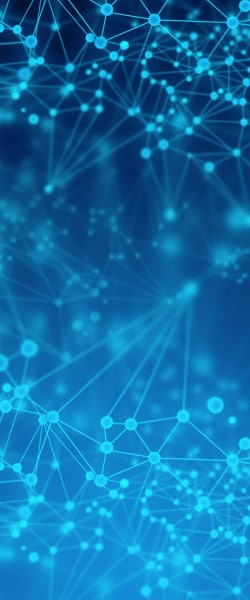
Neurodiversity is a term used to refer to the diversity of human brains and minds. It recognizes that everyone's brain is structured and works differently, which can lead to different thinking and behavior.
Neurodivergent vs. neurodiverse: These terms are often used interchangeably, but in reality, they refer to different aspects of the same concept. When deciding between neurodiverse or neurodivergent, know they do have their own unique descriptive place.
The term neurodiverse is correct when the topic is a diverse group that includes people with a variety of different neurotypes. It describes a group, not individual people. A neurodiverse group would consist of people with varying forms of neurodiversity.
The term neurodivergent refers to individuals who have neurologically atypical ways of thinking or behavior. A neurodivergent individual who has a cognitive variation from the neurotypical world. Individuals described as neurodivergent include:
Autism spectrum disorder (ASD)
Attention-deficit/hyperactivity disorder (ADHD)
Dyslexia
Dysgraphia (neurological disorder with writing disabilities)
Dyscalculia (affects the ability to understand number-oriented information and math concepts)
Hyperlexia (advanced reading skills and abilities above age/grade level)
Tourette Syndrome
Learning disabilities
Sensory processing issues
Dyspraxia (developmental co-ordination disorder)
Synaesthesia (the experiencing of one sense by another - visualizing music)
Other neurological conditions
Neurodivergent vs. neurodiverse is really two different forms of a word used to describe either an individual (I'm neurodivergent) or a group (a neurodiverse classroom).
What are some challenges of neurodiversity?
Neurodiversity highlights and values different ways the brain can function. While neurodiversity can bring with it some unique challenges, there are also many positives to be found in those who are neurodiverse.
One of the challenges of neurodiversity is that people with different brains often don't fit into traditional education, workplace, or social environments. You may have difficulty with things like social interactions, understanding body language, making plans, following through, or taking direction. These things can make you feel like an outsider.
You may experience feeling isolated, overwhelmed, misunderstood, stuck or unsupported. You could describe yourself as a highly sensitive person (HSP). You may worry about your image or doubt your competence. Maybe you have beliefs about yourself that hold you back.
You might have difficulty in environments that overwhelm your central nervous system. Perhaps you're struggling with burnout, stress, or dealing with chronic illness or medical issues. You may have learned how to blend into communities, but it takes a lot of energy and keeps you from being your authentic self. You might have different mask identities for each social situation.
Another challenge is that neurodiverse brains are very creative and intelligent but may not excel in traditional tests and protocols or be able to conform to societal norms. How you think, and process information can get in the way of communication and relationships.
Neurodiversity affirming counseling can help you explore your neurodiversity and relationships and other ways being neurodiverse impacts your life. Together, we can come up with strategies to help you maintain your sense of self while living the life you want to live. You can get on a path to your hopes and drams with neurodiversity psychological services.
What are ABA and behavioral interventions, and how do they cause harm?
ABA, or Applied Behavioral Analysis, is a common form of behavioral intervention used with children on the autism spectrum. It involves completely breaking down tasks into specific goals and rewarding kids for meeting those goals.
However, there is a growing movement of parents and professionals speaking out against ABA, claiming it causes more harm than good. Rather than benefitting neurodivergent individuals, ABA makes situations easier and more comfortable for neurotypical people.
Some argue that ABA is a punishment for being yourself disguised as treatment. It pressures the neurodivergent individual to change to fit in rather than creating an affirming understanding that it takes all kinds to create a diverse and well-rounded community.
ABA treatment is starting to be seen as discrimination. It is also becoming known as a process that can damage relationships between children, their families, and caregivers. Applied Behavioral Analysis can be traumatic for kids and lead to anxiety, depression, and even suicide. A therapist for neurodiversity would not use ABA interventions.
Neurodiversity psychological services are a respectful alternative to ABA treatment.
An Alternative
to ABA Treatment
Therapists who specialize in neurodiversity affirmative therapy have a different mindset. Interventions need to take the whole person into account. Neurodiversity psychological services work better when we consider feelings and underlying reasons that accompany behavior. The primary goal of counseling should be to address the problem respectfully and find a solution that works for the relationship and makes sense to the neurodivergent individual.
Many psychotherapists who practice neurodiversity affermative therapy are also inclusive therapists.
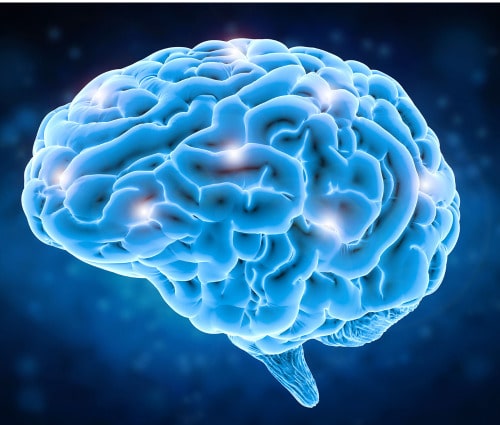
The solution should include attention to vulnerabilities and sensory input and provide support without requiring dissociation, increasing tolerance to disturbing input, masking, and repression of self. When behaviors want to be changed, we work together to find alternatives that fit with what the client wants, are respectful, and are individually appropriate.
We must address the whole experience and provide services with a trauma-informed lens. We can get so much further focusing on what can be rather than staying focused on what is problematic.
When a client wants to make a change, finding rewards that that work for them so they feel the dopamine and can maintain their own motivation sustains autonomy and is respectful. Working with the client and taking their personal needs into account is more effective than the punishment model used in ABA. It is important to be aware that there are usually many solution-oriented options. It's just a matter of finding the best fit while supporting the client.
Most mental health professionals build their practice on psychological theories and the idea that mental health issues can be resolved by discussing your thoughts and feelings with a therapist. This model of therapy is called "talk therapy."
Neurodiversity affirmative therapy considers the fact that people with neurodivergent diagnoses have unique needs that we should address to help them improve their mental health.
This type of therapy follows the principles of neurodiversity that everyone has value and deserves respect, regardless of their neurological makeup. You don't have to feel misunderstood and all alone in the world. Teletherapy provides a safe online space to explore and find solutions so you can live your life as the best version of yourself.
Neurodiversity affirmative psychotherapy is a relatively new therapeutic approach that focuses on the unique strengths and qualities of neurodivergence. This affirming approach emphasizes the importance of individualized assessment, diagnostic evaluations, and treatment.
Every neurodiversity affirming counseling session will focus on your individual needs. There is no set protocol that we must follow. The purpose of neurodiversity affirmative counseling is to help you reach your potential and maintain your true sense of self. I will never ask you to conform to "norms" or "mask" your true identity. Your personal experience and how you view the world will always be central. I will support you as a whole person.
Neurodiversity affirmative therapy can treat various mental health conditions, including Attention-deficit/hyperactivity disorder (ADHD), autism spectrum disorder, bipolar disorder, depression, and schizophrenia. I will always treat you with respect and never force you to do anything that doesn't fit with who you are.
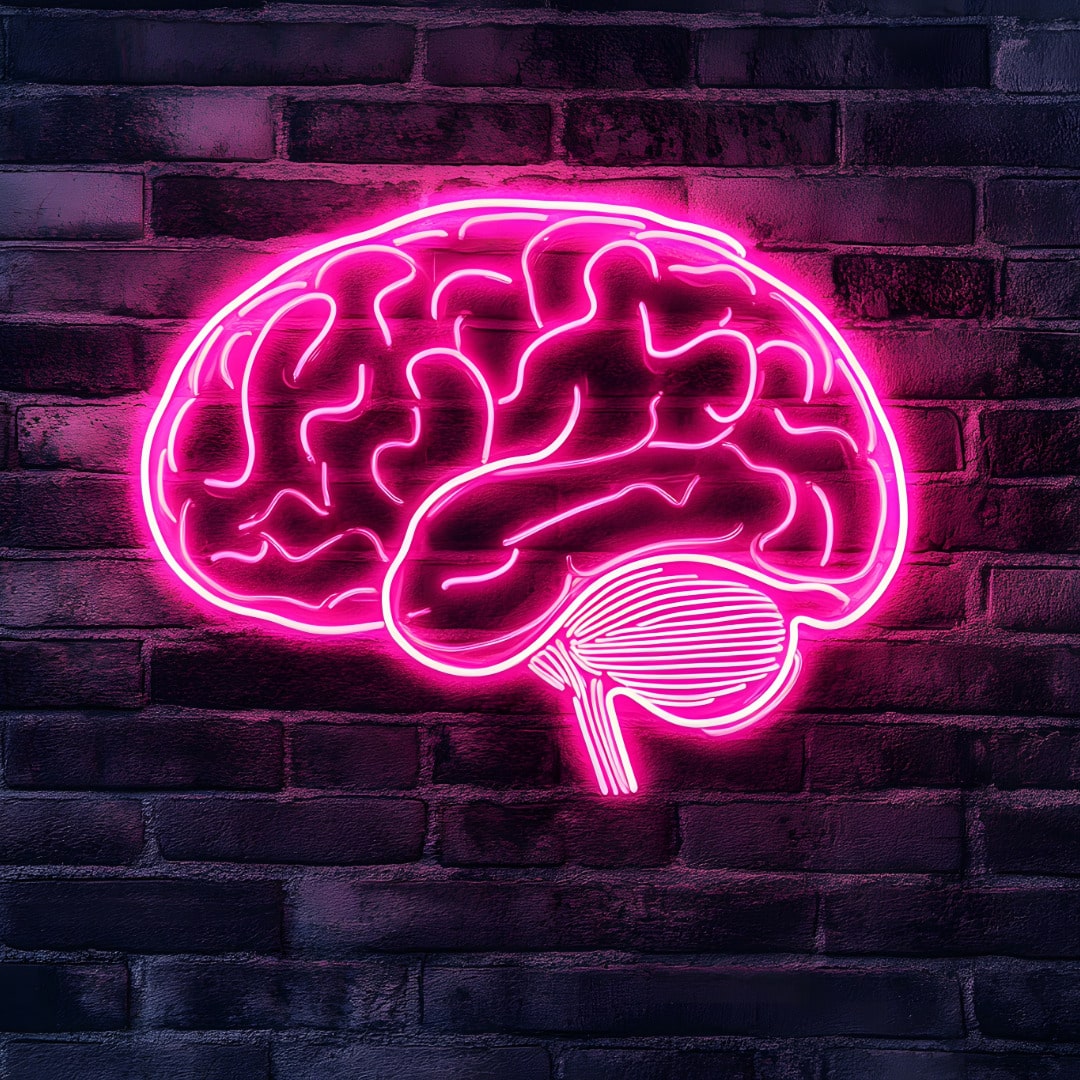
Finding an ideal provider can be difficult if you think you might benefit from neurodiversity affirmative therapy. Most searches have local results listed first. Searching for a local neurodiversity affirmative therapist will not provide the best results. The best way to find a qualified licensed therapist to help you is to widen your search to include the entire state of California. Looking for a telehealth provider increases your chances of finding an experienced therapist or counselor who understands neurodiversity and is compassionate, culturally sensitive, and client-centered.
Therapists with lived experience can support you differently than a neurotypical therapist trained or certified. Training can only cover so much. They can help by providing you with information that has been helping them and other clients, sharing symptoms and strategies, and collaboratively working with you.
I have lived experience with ADHD and work with adult and teen clients, helping them find their own solutions. Many of my clients appreciate my personal experience and understanding of what it is like to be different. They tell me they feel a deeper connection because I get it. I'm a bit of a geek therapist when it comes to research and reading journal articles. My clients benefit from my love of learning.
Finding a "good fit" is a crucial element in the success of your treatment. Working with a therapist with a combination of skills and experience is essential to understanding your unique experience. Your therapist should be respectful and able to relate to your experience. They should be aware of sensory issues, overwhelm, anxiety associated with the neurodivergent experience, autistic burnout, healing from trauma, and communication issues.
Online therapy for neurodiversity has other positive factors, such as increased privacy, no need to travel to appointments and worry about being late. You can join virtual sessions conducted online with an inclusive therapist from anywhere with a good internet connection. A free consultation can help you choose a professional you feel comfortable with before committing to a session.

Neurodiversity Affirming Counseling:
Neurodiversity Affirmative Therapy Online, California
When we begin online therapy for neurodiversity in a clinical setting with the neurodiversity-affirmative level of acceptance. Therapy opens the door to self-acceptance and learning how to deal with personal issues in a respectful way. People commonly need support with self-care, recognizing and communicating personal needs, and figuring out how to be the best version of themself in relationships and a variety of environments. Working with a neurodiverse and inclusive therapist can empower you to be yourself.
I support the neurodiverse community and their families. I work with couples on living with different neurotypes, communication, parenting, and problem-solving to help with adult-child relationships. I'm committed to sharing information and educating whenever possible. I believe that challenging exclusionary views and valuing diversity is important. Part of this is explaining ableist language and promoting inclusive alternatives.
I strive to be part of transforming social norms. I encourage changes in how we view thinking and behavior. I crave a shift to accepting, empowering, and being genuinely curious about each other. I am passionate about working to help us reach a place where people listen more so that we better understand each other. With effort, exclusionary social norms will begin to dissolve and be replaced by standards that will be much more accepting of each person as a unique and valued individual.
No external framework exists of who you should be. You get to decide what works for you. We should celebrate neurological differences. Different ways of thinking and seeing the world add perspective and make life more interesting. Your unique qualities and skills come with individual differences. You will be in a safe environment during our neurodiversity affirming counseling sessions to explore, learn and decide.

Neurodiversity Psychological Services
Neurodiversity is valued here. You will be treated with respect and seen as valuable. My approach acknowledges that your neurological differences give you unique strengths, challenges, and other needs that require specialized attention. There are no one-size-fits-all answers. Everyone has their own custom solutions.
We will pay close attention to your immediate needs and include your whole environment when we work on developing solutions. The goal is to find things preserve you sense of self while addressing your issues. Along the way, you will be validated and all your input will be taken seriously. Only you truly know your needs and what will work for you.
I design neurodiversity psychological services to provide you with support that covers your personal experiences. I recognize that there are natural variations in how our brains work. Rather than focusing on 'disorders' or 'conditions,' we will focus on your needs. Everyone experiences neurological differences. It is my goal to create an inclusive environment where you feel comfortable.
As a neurodiversity affirmative therapist, I provide an accessible, comprehensive, and individualized approach to mental health needs using a private platform for online therapy for neurodiversity. You can choose the environment where you feel most comfortable and join me online. Anyone with neurocognitive differences such as autism spectrum disorder (ASD), Attention Deficit Hyperactivity Disorder (ADHD), Tourette syndrome, and learning disabilities can find a safe space for therapeutic healing tailored to their unique needs. All our work together will be customized and focused on you.
I do not use manualized therapies. My clients need an individualized approach. My services focuses on providing personalized treatment based on your strengths, abilities, and desires while addressing your areas of need. Specialized services help you become more empowered, build resiliency to face life's challenges, and move you toward your preferred future.
Neurodiversity psychological services can include therapies, counseling, validation, and information tailored to your specific needs. We will work together to find solutions that fit who you are.
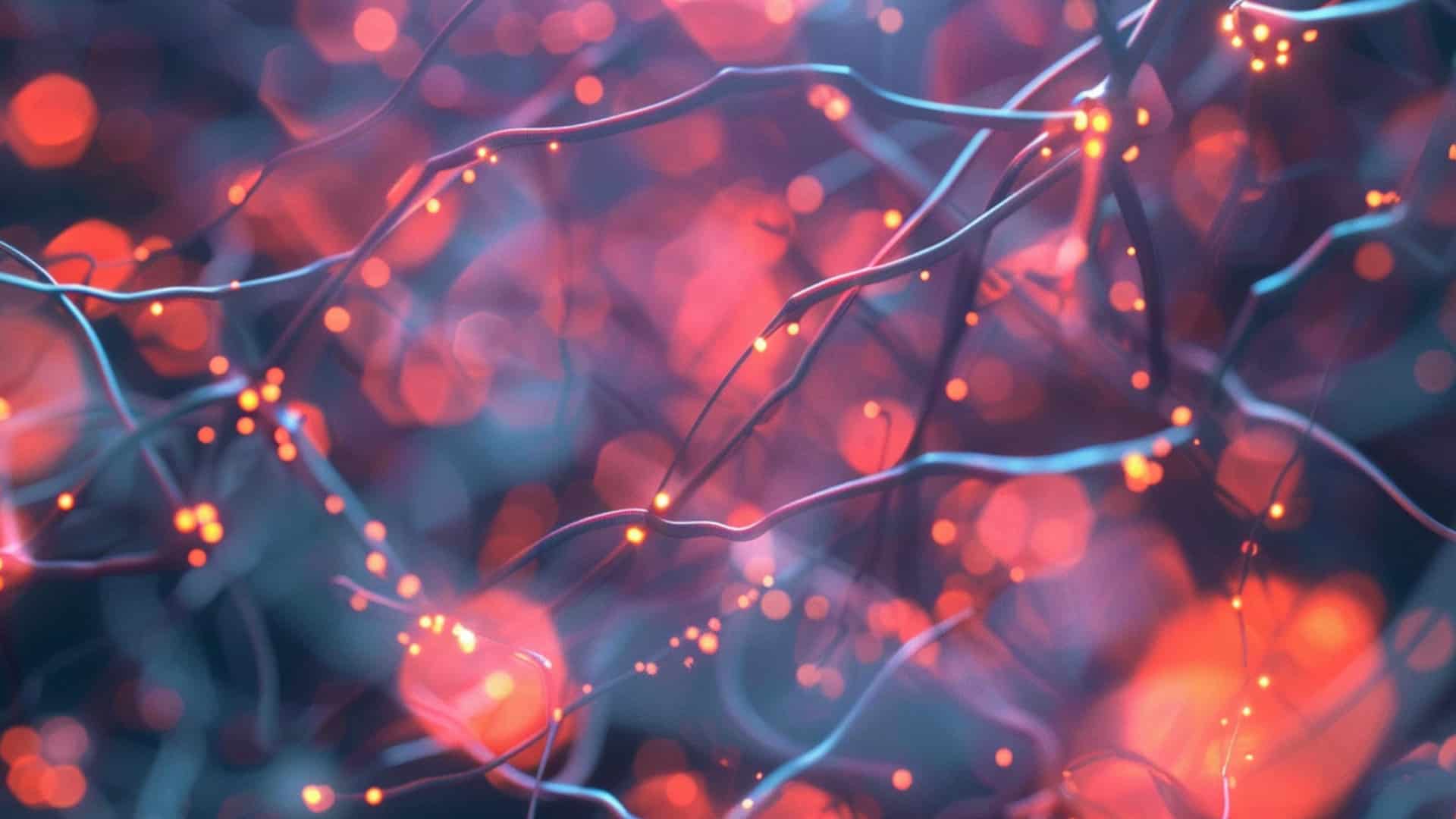
Neurodiversity is a social justice movement of inclusivity. It is an integral part of our society and should be recognized with respect, embraced, included, and celebrated for its contribution. Neurodiversity includes conditions like autism, ADHD, and dyslexia. These conditions are neurologically different from the "norm," and we should appreciate their uniqueness.
Folks with neurodiverse brains have a lot to offer society. They often have unique talents, abilities, and manner of being that can benefit us all. For example, people with autism may be very good at pattern recognition or have a remarkable memory. People with ADHD may be very creative or have a knack for business. And people with dyslexia may be able to think outside the box and come up with innovative solutions to problems.
We should not only embrace neurodiversity but celebrate it and help others recognize the unique benefits of including neurodiverse perspectives. We can live together as a diverse community with all the benefits and cultural differences that increase the quality of life.

My Neurodiversity Affirmative Therapy Practice is Inclusive
Identities and relationships come in many different forms and wear a variety of different labels. Those who don’t resonate with “traditional definitions” based on monogamy are often marginalized. They can have difficulty finding a safe and accepting place to work on physical and mental health issues, trauma, and relationships.
I offer online therapy for neurodiversity. My practice is inclusive. I support diverse identities and relationships. Judgement has no place here. Everyone is welcome.
If you are looking for an inclusive therapist who understands neurodiversity and the issues nerodiverse people experience, I'd love to meet you and have a chat about the kind of support you need. Check out my "about me" page to learn about my life experiences living with a neurodiverse brain.

